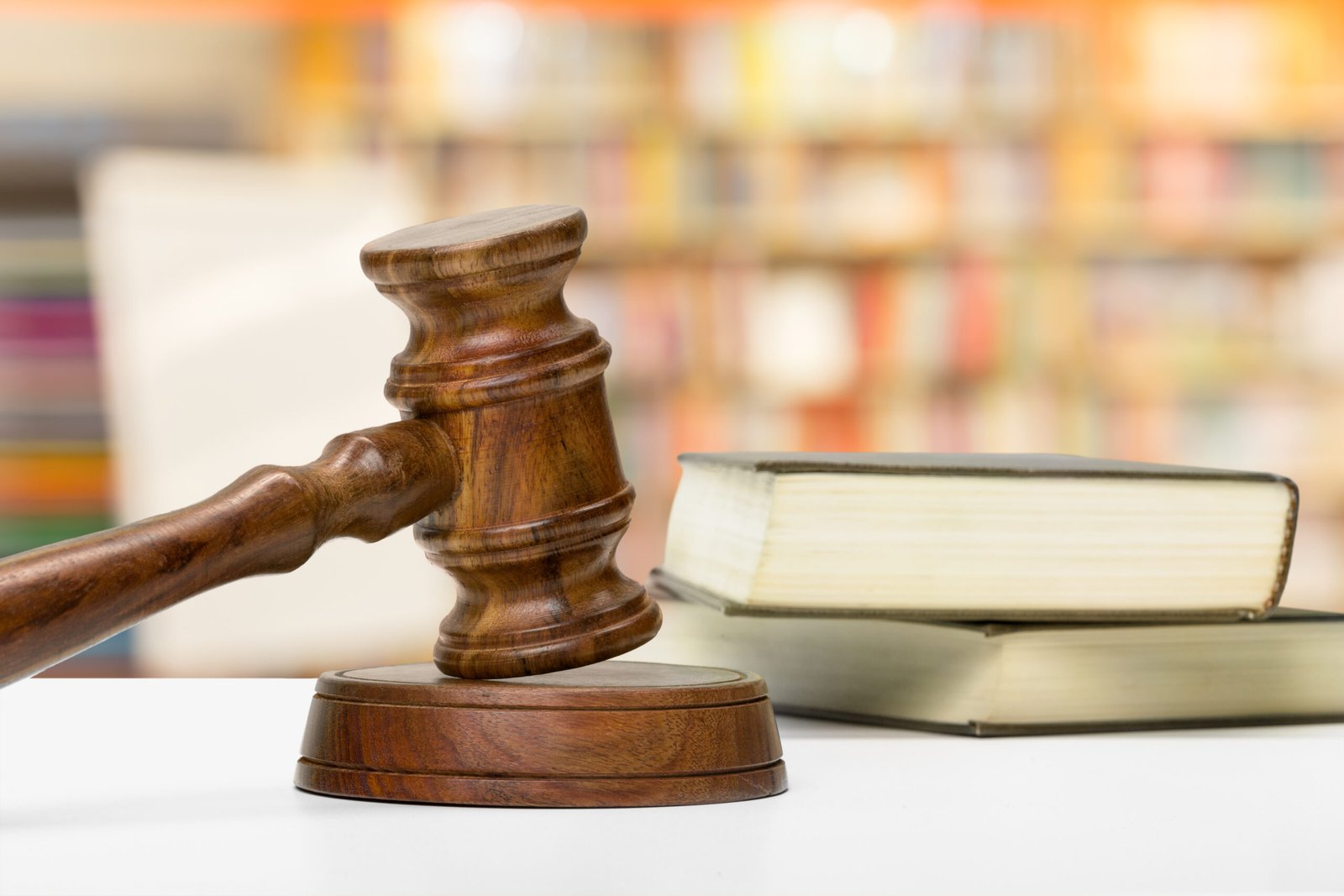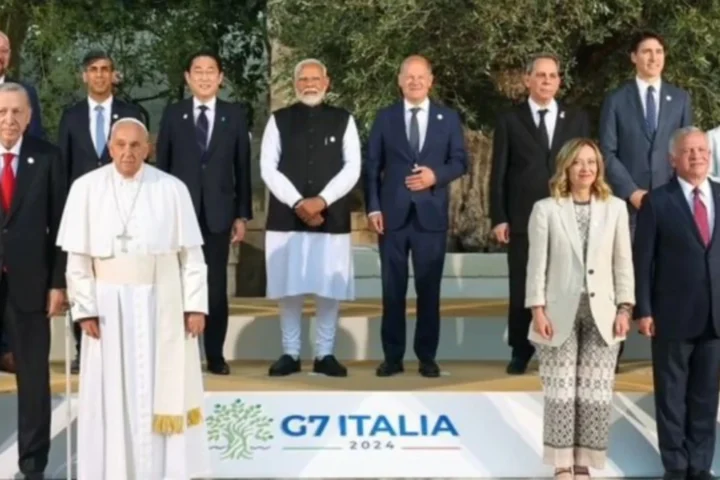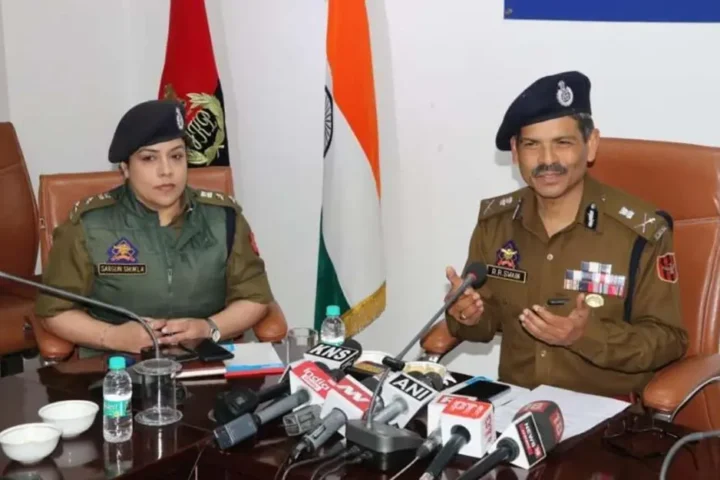Supreme Court hearing on Article 370 challenges debates about the permanence of temporary provisions. Central govt defends citing progress in Jammu and Kashmir.
Historical Context of Article 370
Article 370 granted special status to Jammu and Kashmir, providing it with a separate constitution, a state flag, and internal administrative autonomy. It came into being due to the historical circumstances of Jammu and Kashmir’s accession to India after Pakistan’s invasion. Maharaja Hari Singh’s decision to accede to India was influenced by fears of the Hindu minority in Pakistan and the Muslim majority in his state.
International Dimensions
Jammu and Kashmir’s accession to India and the subsequent creation of Article 370 had international implications. The matter was taken to the United Nations, which called for a plebiscite to determine the state’s future. The international community was involved, with India, Pakistan, and the UN playing significant roles.
The Abrogation and International Diplomacy
On August 5, 2019, the Narendra Modi government abrogated Article 370 to assert India’s right to decide matters concerning Jammu and Kashmir. The move was seen as a message to countries that considered Kashmir a disputed territory. India had conducted diplomatic efforts to garner international support before the abrogation.
The Current Hearing
The ongoing Supreme Court hearing is expected to delve into the historical context of Jammu and Kashmir’s accession, the international dynamics at play, and the reasons behind the abrogation. The court’s constitution bench, led by Chief Justice DY Chandrachud, is asking relevant questions about Article 370 and its revocation.
Conclusion
The hearing on Article 370’s abrogation reflects historical and international factors. Arguments will reveal the complex Srinagar-Delhi relationship and global implications. The court explores Jammu and Kashmir’s fate from accession to the present abrogation.







